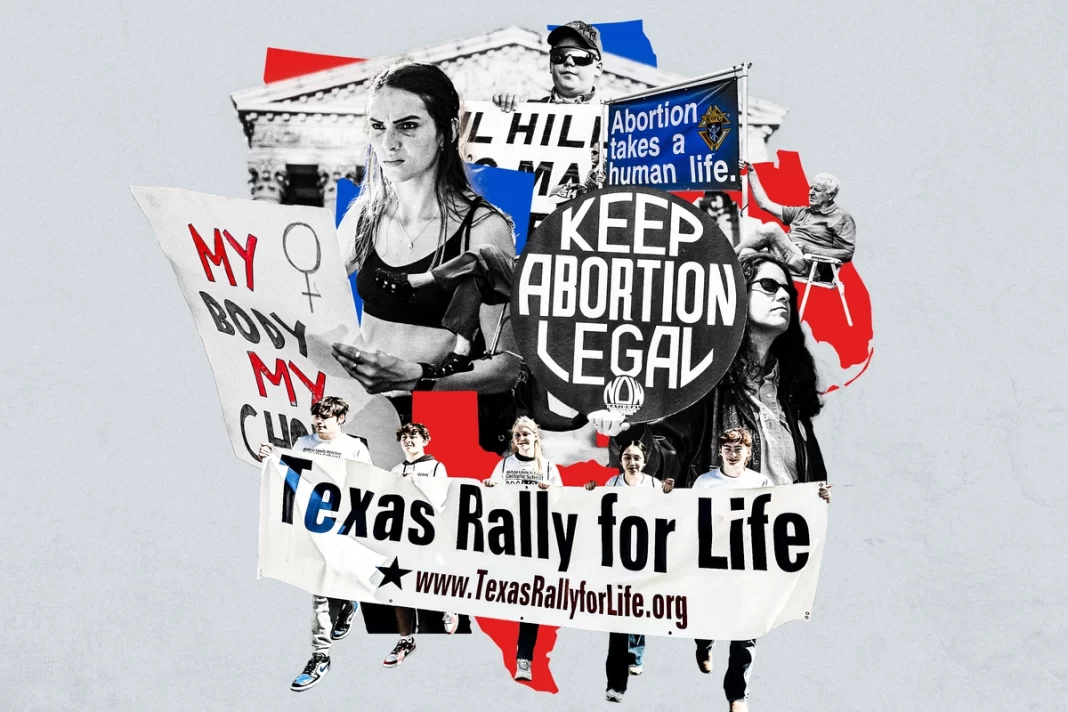
States are navigating an avalanche of abortion policy changes, ballot measures, and lobbying since the Supreme Court’s 2022 Dobbs decision.
Parents could be charged with child abuse if they prevent their minor daughter from getting an abortion, according to an Illinois law proposed by Democrat state Rep. Anne Stava-Murray.
In South Carolina, a new bill would require taxpayers to pay all childhood expenses—up to age 18—for babies born to mothers who were unable to get an abortion.
And the New Hampshire Legislature is wrestling with a proposal to ban abortion at 15 days of gestation, effectively banning abortion in the state, where it is currently allowed up to 24 weeks.
These recently introduced measures are just a few among a flood of proposals and changes triggered by the 2022 overturning of Roe v. Wade, which sent abortion regulation back to the states.
In November, voters in at least seven states will see abortion proposals on their ballots. Even in states where access to abortion isn’t on the ballot, voters may still cast votes for candidates who align with their beliefs on the issue.
Immediately after the Supreme Court’s decision to overturn Roe v. Wade, trigger laws in 13 states went into effect, completely banning or limiting abortions to very early pregnancy, with few exceptions. Last year, states without trigger laws, including Florida, North Carolina, and South Carolina, enacted similar pro-life laws.
Many states also enacted or proposed “safety net” legislation to help new and expectant mothers meet the demands of motherhood.
Ohio state Sen. Sandra O’Brien, a Republican, introduced SB 159, a tax credit for donations to pregnancy centers.
In Indiana, SB 98 identifies an unborn child as a dependent for tax purposes. The bill was sponsored by Republican state Sen. Andy Zay. Another Indiana safety-net bill would increase the Medicaid reimbursement rates for prenatal and postnatal care services.
Then there’s Kentucky’s bipartisan “Momnibus” legislation, an omnibus bill offering tax credits for adoption, and tax credits and grants for pregnancy help centers. It includes provisions for mental health service, parenting classes, and online and home visits for new mothers without transportation.
The pro-abortion movement is working hard to counter these actions and is striving for legislation and ballot measures that allow for abortion up to birth in many cases.
“You’re seeing a direct reaction from the other side that is panicking, based on the Dobbs decision,” Kelsey Pritchard, director of state public affairs at Susan B. Anthony Pro-Life America, told The Epoch Times.
“They are running as fast as they can to unlimited abortion funded by the taxpayer. And they’ve gotten so extreme on the issue.”
By Beth Brelje






